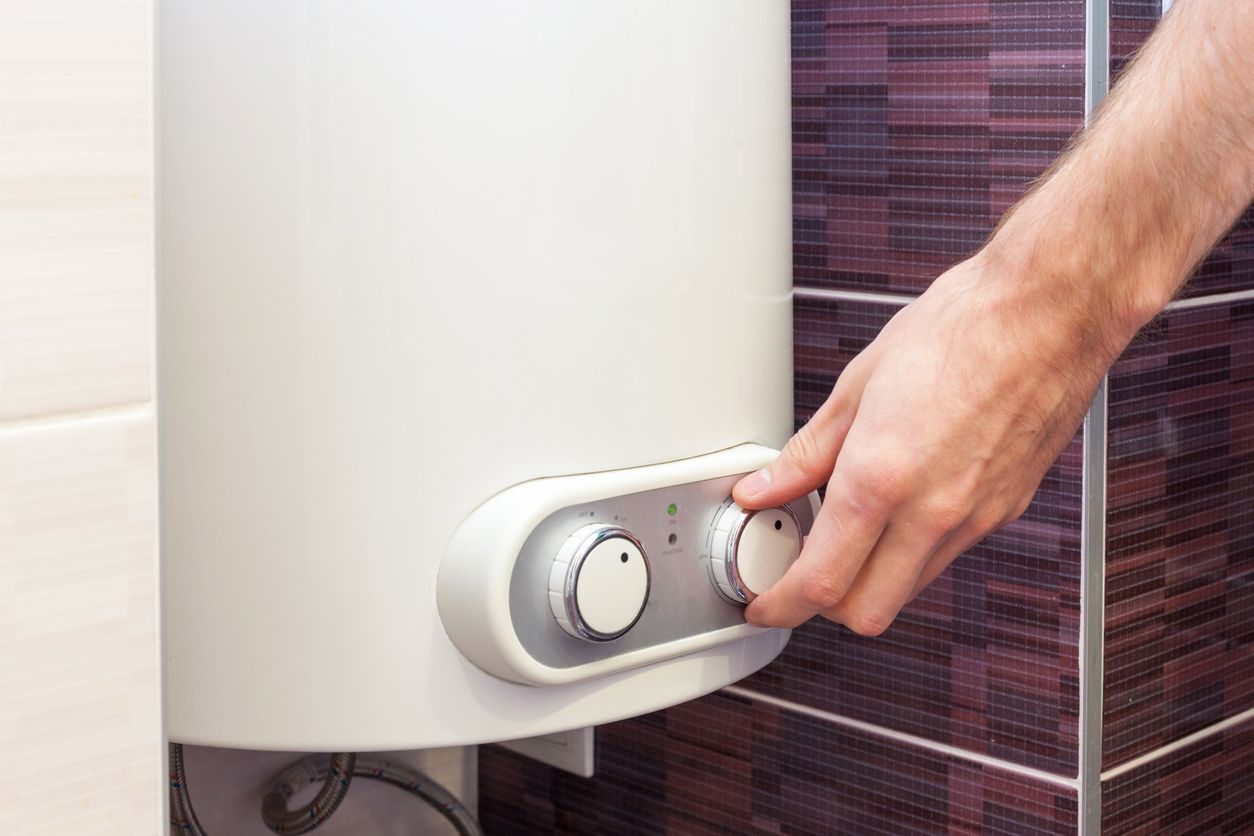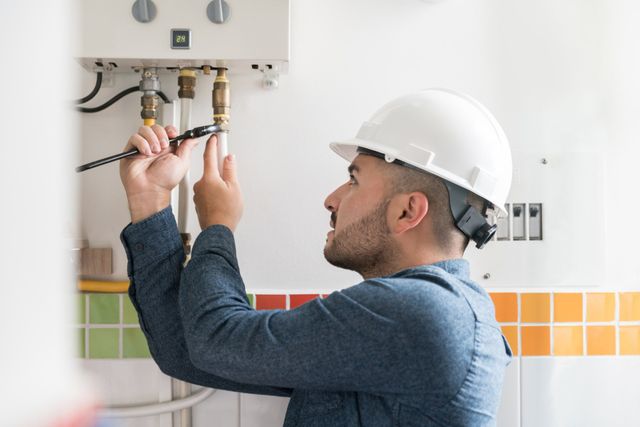Methods to Cope with the Major Hot Water Heater Urgencies
Methods to Cope with the Major Hot Water Heater Urgencies
Blog Article
Just how do you really feel on the subject of Warning Signs You Need Water Heater Repairs?

A water heater is just one of one of the most essential basic home appliances that can be located in a residence. With hot water heater, you do not require to go through the stress and anxiety of heating water by hand each time there is a requirement to take a bath, wash, or the dishes. However, there is always an opportunity that your hot water heater would certainly break down similar to most mechanical devices.
It is necessary to keep in mind any type of little malfunction and tackle it promptly prior to things get out of hand. The majority of times, your hot water heater starts to malfunction when there is an accumulation of sediments as a result of continuous usage. As a safety measure, periodic flushing of your hot water heater is suggested to stop sediment build-up as well as prevent practical failing.
Typical hot water heater emergencies as well as how to manage them
Insufficient hot water
Taking care of an inadequate supply of warm water can be irritating. It might be that the hot water heater can not support the warm water need for your apartment. To manage this issue, you could try to adjust your heater's temperature dial and also await a few mins. You can ask for the help of a professional plumber if the problem persists. You could update your water heating system to one with a larger capacity.
Fluctuating water temperature level.
Your water heater could begin generating water of various temperatures usually ice chilly or hot warm. There may be a need to replace either the heating or the thermostat unit of your water heater.
Leaking hot water heater container.
In this scenario, you should transform off your water heating system, allow it to cool down, and carefully look for the source of the problem. At times, all you require to do is to tighten a couple of screws or pipeline links in cases of minor leaks. If this doesn't work as well as the leak lingers, you may require to employ the services of a technician for an ideal substitute.
Discolored or smelly water
When this occurs, you need to understand if the problem is from the water or the tank source. If there is no amusing odor when you run cold water, after that you are particular that it is your hot water heater that is defective. The stinky water can be brought on by corrosion or the build-up of microorganisms or debris in the water heater tank. You can attempt flushing out your container or changing the anode if the issue continues when you observe this. The function of the anode is to clean out microorganisms from your storage tank. Because the anode pole substitute calls for a thorough understanding of your water heating unit, you will require the assistance of a professional.
Final thought
Some property owners disregard little caution as well as minor faults in their hot water heater device. This just results in further damage and also a possible complete break down of your home appliance. You must handle your water heater faults as soon as they come near avoid more expenses as well as unnecessary emergency problems.
With water heaters, you do not need to go through the tension of heating water manually every time there is a need to take a bathroom, do the washing, or the recipes. It may be that the water heating unit can't sustain the warm water demand for your house. Your water heater can start producing water of various temperatures normally ice scalding or cold hot. If there is no funny smell when you run chilly water, after that you are particular that it is your water heating system that is damaged. The odiferous water can be triggered by rust or the accumulation of germs or debris in the water heating system storage tank.
Common Water Heater Issues and What You Should Do
What Type of Water Heater Do You Have?
Before we begin it’s first important that you identify the type of water heater you have on your property. There are two main types of water heaters out there: conventional and high efficiency.
Both of these types of products typically use either gas or electricity to heat power. There are also solar water heaters that use a thermal collector on the roof or yard to heat the water.
While these models are not as common, they can cut heating costs in half. In this article, we will focus on conventional and high efficiency.
How Do My Electric and Gas Water Heater Work?
Though they look similar, electric and gas water heaters work very differently. It’s important to know their basic function because often problems can be specific to the heating source.
In the electric model, a thermostat on the side of the machine detects the temperature of the water in the tank. When the temperature needs to rise electricity flows to a heating element suspended in the water.
Gas models also use a thermostat device — typically with a mercury sensor at the tip and an additional sensor called a thermocouple. The thermocouple detects whether the pilot light is on and controls the flow of gas.
When the thermostat drops below the appropriate level gas is released which becomes ignited by the pilot light. The flame heats the bottom of the water tank which causes hot water to rise and cold water to drop.
This natural circulation continues until the water reaches the desired temperature. Then, the thermostat triggers the gas control valve to shut off the flow of gas.
What Are the Most Common Issues and How Do You Fix Them?
https://happyhiller.com/blog/common-water-heater-issues-and-what-you-should-do/

I discovered that piece of writing on Is Your Water Heater Leaking? while doing a lookup on the search engines. Sharing is good. Helping people is fun. Thank-you for your time spent reading it.
Immediate response required? Report this page